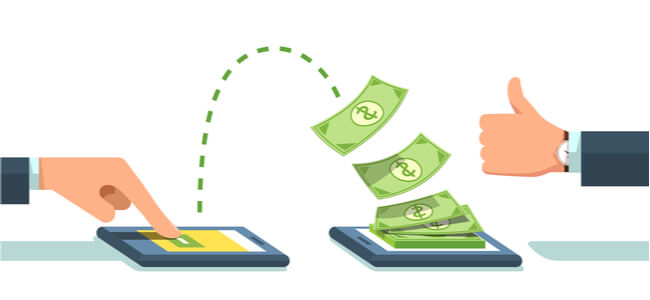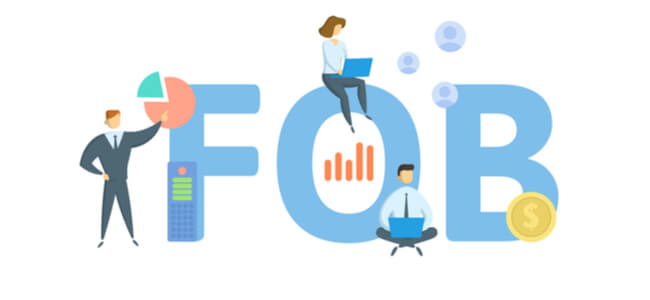Hungary Moves To Online Invoicing To Combat Shadow Economy

Let’s start with a bitter truth. Goods and services undisclosed to tax authorities add up to 33.33% of the entire world economy according to estimates compiled by The Economist. Black and grey economies lead to poorer national economies and a lack of funds for development, healthcare, public safety, or education of the public.
Hungary is currently embarking on an initiative to tackle the shadow economy with technology designed to prevent invoicing fraud and theft. The government has installed payment terminals to facilitate e-payments in recent years too.
Take a look at the series of changes in payments and accounting that Hungary has introduced by moving from paper invoicing to online invoicing:
- Installation of a compulsory online link to the tax office in 2014
- Ekaer e-tracking system for goods transport was introduced in 2015 to ensure businesses furnish transport information for VAT requirements
- Electronic invoicing became mandatory in April 2018 for all companies registered for Value Added Tax to fight against VAT fraud. Moreover, failure to notify the required details leads to a fine of €1,700 per bill
- Must disclose taxable income on transactions with VAT equal or higher than €290
- Instant Payment Scheme was launched in March to reduce cash in circulation
- Companies liable for tax must use XML version 2.0 for making reports of RTIR bills after June 19st, 2020. The VAT threshold of €300 is no longer applicable
- B2C transactions must comply with electronic billing from January 1st, 2021 onwards
While Italy postponed e-billing adoption to October 1st, 2021, Hungary has extended the due date for adopting electronic invoicing to July 1st in the wake of the pandemic.



